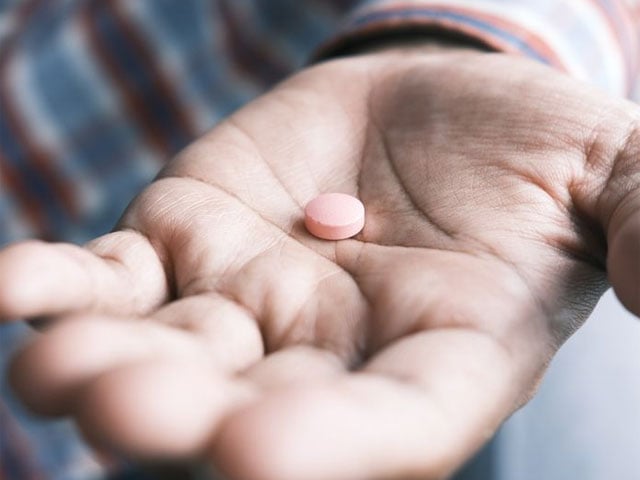Melbourne: A drug commonly used to treat rheumatoid arthritis may prevent progression of the disease in patients newly diagnosed with type 1 diabetes, scientists say.
In a first-of-its-kind randomized trial in Australia, researchers have found that the arthritis drug beristanib can preserve the body’s production of insulin and reduce the amount of insulin needed to treat the disease.
In a study published in the New England Journal of Medicine, the researchers hailed their work as a major step forward in controlling and treating the disease.
According to the researchers, this significant improvement in the ability to control type 1 diabetes demonstrates the drug’s potential.
According to Helen Thomas from the Melbourne-based St Vincent’s Institute of Medical Research, scientists are hopeful that the treatment will be available at a clinical level.
Type 1 diabetes is an autoimmune disease in which the body’s immune system mistakenly destroys insulin-producing cells in the pancreas.
People with this disease have to depend on exogenous insulin for survival. According to an estimate of 2021, about 8.4 million people worldwide are suffering from type 1 diabetes, this number may increase to 1.74 million by 2040.
(function(d, s, id){
var js, fjs = d.getElementsByTagName(s)[0];
if (d.getElementById(id)) {return;}
js = d.createElement(s); js.id = id;
js.src = “//connect.facebook.net/en_US/sdk.js#xfbml=1&version=v2.3&appId=770767426360150”;
fjs.parentNode.insertBefore(js, fjs);
}(document, ‘script’, ‘facebook-jssdk’));
(function(d, s, id) {
var js, fjs = d.getElementsByTagName(s)[0];
if (d.getElementById(id)) return;
js = d.createElement(s); js.id = id;
js.src = “//connect.facebook.net/en_GB/sdk.js#xfbml=1&version=v2.7”;
fjs.parentNode.insertBefore(js, fjs);
}(document, ‘script’, ‘facebook-jssdk’));



